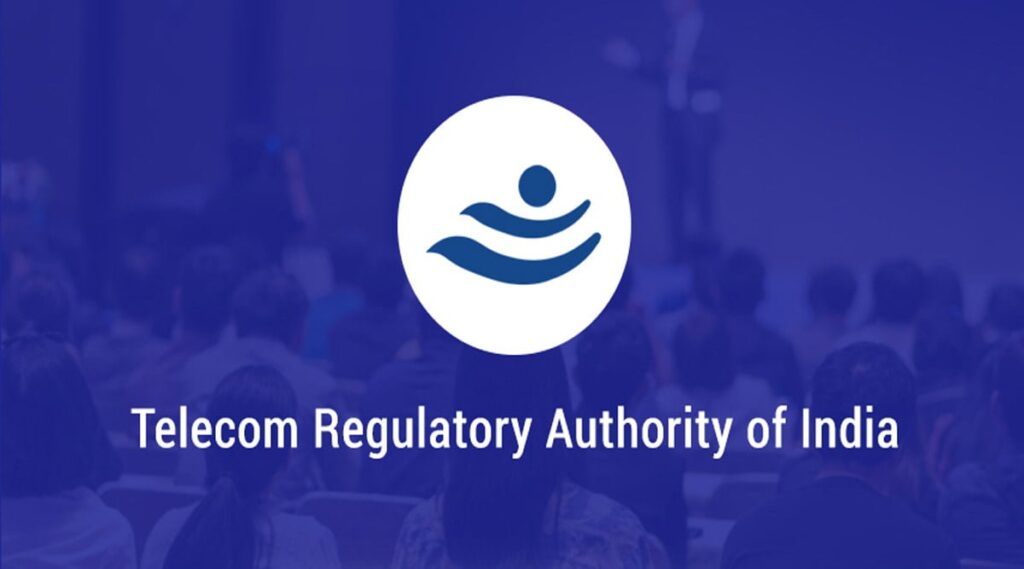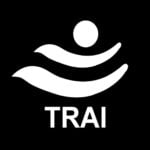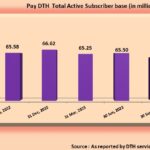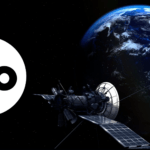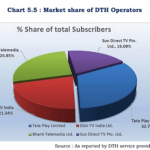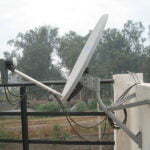The regulator in its direction has explained in detail the reasons behind the delay in the implementation of new tariff order (NTO) 2.0 from broadcasters’ end and subsequently as to why it is pushing for compliance from broadcasters now.
The regulator notes that the Tariff Amendment Order 2020, Interconnection Amendment Regulations 2020, and QoS Amendment Regulations 2020 were challenged in various High Courts which were heard at length for six days with the order reserved for plea on interim relief. The same was expected to be pronounced very shortly thereafter back then.
The broadcasting watchdog kept quiet even though there were no interim orders restraining TRAI from implementing the amended Regulations 2020 and Tariff Amendment Order, 2020. It restrained itself from taking coercive measures as the matter was heard at length with the judgment expected to be pronounced shortly back then.
The regulator noted that it had even on 13th February written to the broadcasters to effect a smooth transition from 1st March 2020 in a timely manner. Despite the letter, the broadcasters didn’t implement the provisions with a complete lockdown following in the country effective 25th March 2020. The authority noted that the bouquets of pay channels currently being provided were not in compliance with the provisions of the Tariff Amendment Order 2020.
The regulator continued to receive multiple letters during the period the matter remained under consideration of the Hon’ble High Court of Bombay, which asserted that customers were denied the benefits of the amended Regulations and Tariff Orders by some broadcasters.
The Regulations and Tariff Amendment Order, 2020 have already been implemented by some of the stakeholders like DTH operators and MSOs while it remained non-implemented by some broadcasters.
The regulator expected broadcasters to implement the provision of Tariff Amendment Order 2020, and Interconnection Amendment Regulations, 2020 but instead they have started violating the provisions of Tariff Order, 2017 itself by modifying the composition of bouquet and discontinuation of their existing bouquets, in a manner beneficial to them but adversely affecting interest of the consumers.
It further stated that broadcasters who filed new RIO containing revised al-a-carte prices of channels, the composition of the bouquet, and bouquet prices in January-February, 2020 as per the Tariff Order, 2017 chose not to implement revised prices and maintained status quo until recent past.
Few broadcasters have started asking distribution platform operators (DPOs) to accept new bouquets with revised prices with one major broadcaster recently discontinuing low priced bouquets so that consumers could take new higher-priced bouquet thereby increasing their monthly payout. The said broadcaster, which is an oblique reference to Sony Pictures Network India (SPNI) which is discontinuing its low priced bouquets with effect from 1st August 2020 for subscription.
The new bouquets being pushed by the broadcaster is not compliant with the new provisions of the Tariff Amendment Order 2020 and the broadcaster interestingly hasn’t even informed the regulator in clear violation of reporting requirements required in the Tariff Order, 2017, the regulator stated.
Whereas the regulator in an oblique reference to Indiacast Media, stated that it filed its new Reference Interconnect Offer (RIO) contained revised prices of channels and bouquets in January 2020, filed an amendment on 8th June, 2020 which was not in compliance with Tariff Amendment Order, 2020 merely replacing one channel of Rs 0.25 with another channel of the same price and also increase the price of its most the popular bouquet from Rs 25 to Rs 28 in an attempt to change status quo which had continued so far.
The regulator notes that it maintained patience in due reverence of the pending decision of the Hon’ble High Court and did not press for the enforcement of the Tariff Amendment Order 2020, the Interconnection Amendment Regulations 2020, and the QoS Regulations, 2020.
The broadcasters according to TRAI have in utter disregard to the settled principles and extant regulations, changed the service offerings in violation of NTO 2.0 by unilaterally increasing the prices of bouquets and simultaneously discontinuing the low priced bouquets affecting the interest of the customers.
Some DPOs including Apple Network recently brought to the notice of the regulator that many broadcasters were not willing to sign the agreements as per the provision of Tariff Amendment Order, 2020, and Interconnection Amendment Regulations, 2020. The RIOs were not in compliance with NTO 2.0 and DPOs are not willing to enter into such non-compliant agreements.
It further noted that ad-hocism was prevailing in the industry wherein all interconnection and other agreements were getting renewed for one/two months thereby creating uncertainty in the sector affecting the healthy orderly growth of the sector. The authority has further received complaints that broadcasters were extending old agreements with DPOs while newer DPOs were being subjected to new terms and conditions including prices.
The regulator further backed the DTH and MSOs who have already complied with their part of the obligation of NTO 2.0 and stated that it was unfair to the consumers and also to the DTH and MSOs operators that the broadcasters didn’t comply with NTO 2.0. DTH and MSOs have also represented to TRAI that they are not able to implement the remaining part of the NTO 2.0 due to non-performance obligations by some broadcasters.
The non-implementation of NTO 2.0 is leading to chaos in the industry according to the regulator and in turn, jeopardizing businesses and the delay in implementation NTO 2.0 would only bring non-transparency and discriminatory practices in the sector. TRAI noted that the framework of 2017 was upheld by Hon’ble Supreme Court also and therefore the authority has to legally protect the consumers’ interest.
The move has set in motion due to the revised prices announced by some broadcasters which are to come into effect from 1st August 2020. The authority noted that there was a possibility that other broadcasters could possibly start similar malpractices thereby nullifying the legal framework laid down for regulation. The regulator has now pushed for the immediate implementation of NTO 2.0 to promote orderly growth of the sector and to balance the interests of the service providers and to safeguard the interest of the customers.

